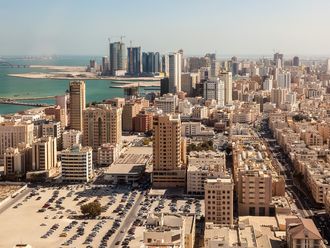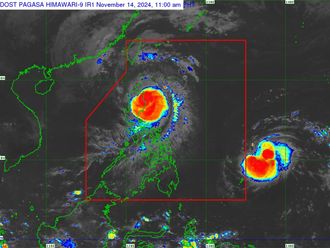Manama: The influence of sectarian politics in regional security will figure high on the agenda of the Manama Dialogue, a major security conference, to be held in Bahrain on December 7-9.
The issue is likely to receive wide attention amid concerns that countries in the Middle East have been badly affected by the seemingly inexorable rise of sectarianism while several analysts have noted it has become the “dominant dynamic in the region today.”
Other issues to be discussed at the Manama Dialogue in its eighth year include the US and the region, priorities for regional security, intervention and mediation, counter-terrorism, strategic reassurance and deterrence, demographics, political inclusion and stability and security in the Strait of Hormuz.
The changing dynamics of Middle East security relationships will be discussed at a plenary session.
The Manama Dialogue, co-organised by Bahrain’s foreign ministry and the London-based International Institute for Strategic Studies (IISS), an international authority on political-military conflict, has evolved into a pivotal regional gathering.
“The Manama Dialogue offers participating states unparalleled opportunities for security diplomacy,” the IISS said. “As usual there is the necessary blend of involvement from the foreign, defence and interior ministries as well as the national security councils, intelligence agencies and military establishments.”
The conference, in which participation is by invitation only, comprises “a carefully selected group of individuals who can inform, instruct and influence security policy in the region, and of the non-government delegates.”
The Manama Dialogue, an annual event hosted by Bahrain, did not take place last year. In December 2010, King Abdullah of Jordan delivered the keynote address while US Secretary of State Hillary Rodham Clinton gave the opening speech.
A major issue at the opening dinner that brought together rulers, government heads and ministers was whether Clinton would trade words with then Iran’s foreign minister Manouchehr Mottaki.
Clinton tried twice to speak with him once inside the hotel hall and in the driveway, but each time Mottaki deliberately avoided contact with her.
However, the former Iranian minister later insisted that Islamic traditions demand responses to greetings.












